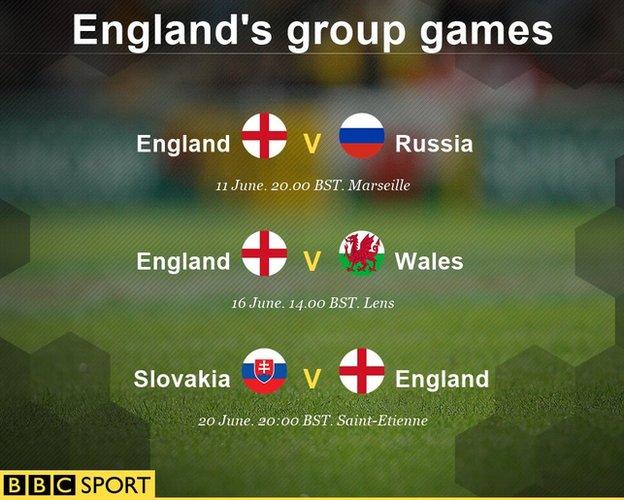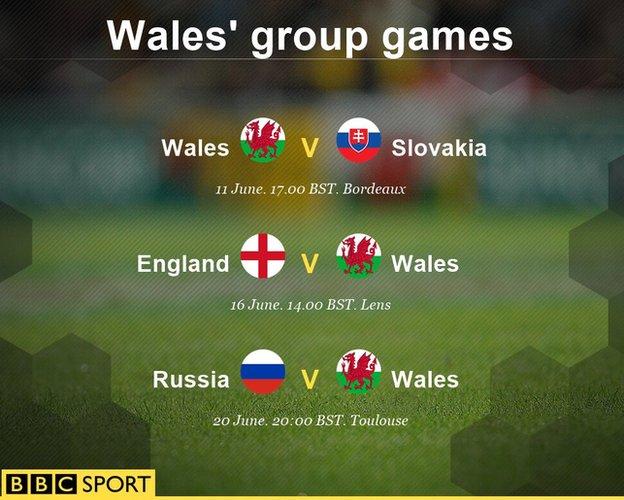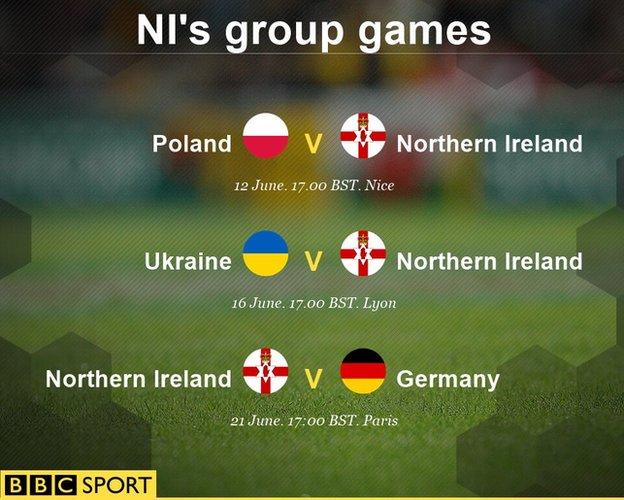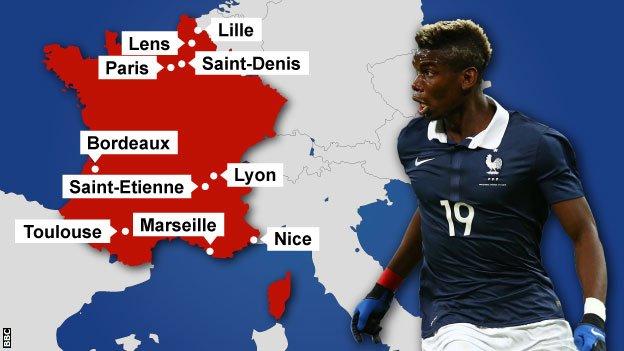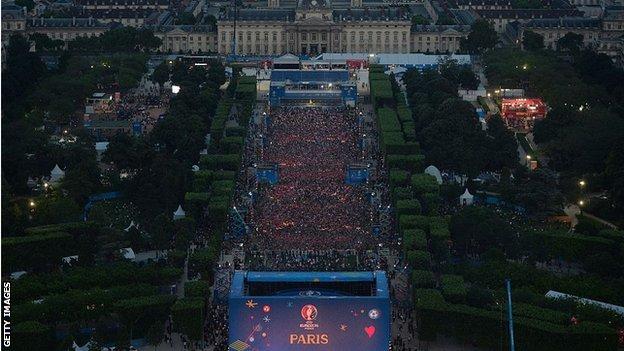Euro 2016: France kick off tournament amid security, strike and weather fears
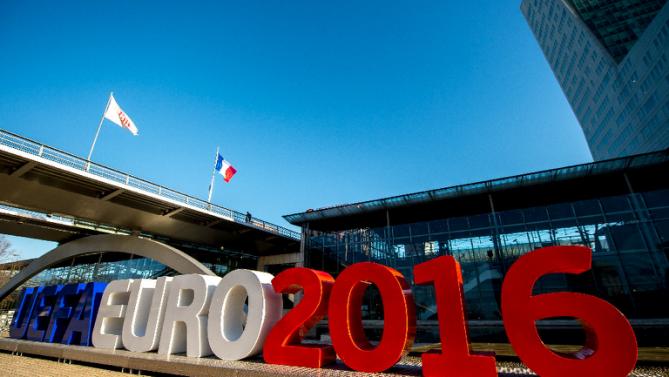
Euro 2016 kicks off on Friday when hosts France face Group A opponents Romania at the Stade de France amid an unprecedented security operation.
France remains under a state of emergency after last November's attacks on Paris, when 130 people were killed.
More than 90,000 police, soldiers and private guards will be deployed at the tournament, with seven million fans expected to visit the 10 host cities.
The US and British governments have both warned fans they could be at risk.
But organisers Uefa, and the French authorities, insist they have done everything possible to keep the 2.5 million spectators expected at the 51 matches safe.
France faced its first major security test when DJ David Guetta performed on Thursday at the 90,000-capacity fan zone at the foot of the Eiffel Tower.
Paris alone will have a security force of at least 13,000 to patrol two zones and two stadiums, with the country's state of emergency allowing police extra powers to conduct searches and put people under house arrest.
France coach Didier Deschamps, whose side were playing Germany in an international friendly when the Stade de France was targeted by suicide bombers, says November's attacks evoked "very strong emotions".
"We lived through some tragic moments," he said. "So it will remain with us, even if with time we can think about it a little less.
"Today to have zero risk doesn't exist, sadly, but we have to go forward and these Euros have to be a festival of football and festival has to be as beautiful as possible."
Richard Walton, the Metropolitan Police's former head of counter-terrorism, said the threat to Euro 2016 is "more acute than for any other international sporting event in history".
A reported 500,000 British fans will be among the seven million supporters in France, and the British Foreign Office has warned that stadiums, fan zones and transport hubs are possible targets for attack.
England goalkeeper Joe Hart insists players will adhere to the advice of security officials at the 24-team championships.
Hart, 29, said: "We're a team of footballers but we're a group, we work together with the security and press officers, everyone's got their various jobs and I'm very confident on everyone completing them."
France's junior minister for sports Thierry Braillard has said official fan zones are the only outdoor public spaces where screens will be installed, with bar and restaurant owners told not to host large outdoor TV broadcasts.
He added: "We can't accept unorganised gatherings because police forces don't have the means to secure them."
Paris is just one of nine host cities preparing for the tournament, with games also taking place in Bordeaux, Lens, Lille, Lyon, Marseille, Nice, Saint-Etienne and Toulouse.
Jean-Christophe Bouvier, the Defence Secretary for the Lille region, says 200 security staff will be inside the city's fan zone with 3,400 police and military forces working each day and hundreds extra on call if needed.
President of the Lille region Damien Castelain said: "It's a very secure place in the fan zone.
"It's easier to secure one place like this one than have people going to several places where it would have been impossible to make people safe."
Mat Bastard, Lille's Euro 2016 Ambassador, added: "If France win it'll be so, so good, but my first victory is everything is well and everyone has fun."
Alongside the terror threat, French authorities have also been forced to deal with extreme weather conditions and protests over labour law reforms.
Strikes in Paris could cause problems for supporters heading to the 80,000-capacity national stadium on Friday.
The national SNCF rail company said that one of the two main overland train lines linking the Stade de France in Paris' northern suburbs to the city centre had two-thirds of its services wiped out due to strikes on Thursday and six out of 10 were not running on the other.
The company is working on a fallback plan, while an underground Metro line to the stadium will have extra trains running.
President Francois Hollande said he would take "all necessary measures" to make sure transport strikes, due to roll into a 10th day on Friday, would not disrupt the tournament.
"Rest assured that public services will be provided and that the state will assume its full responsibilities," he said.
Strikes are planned from Saturday on the national air carrier, Air France, while piles of rubbish have also gone uncollected.
France captain Hugo Lloris said: "I am a spectator too, I hope it won't spoil the party because in a competition like this, on French soil, I think we have to show a great image of our country."
The hosts' opener against Romania should avoid the recent bad weather, which saw the River Seine burst its banks and rise to its highest level in more than 30 years.
England and Wales' first fixtures further south on Saturday are also expected to avoid the worst of the thunderstorms.
Uefa says all 24 teams have now arrived in France, with Portugal — travelling in a plane bearing the name of legendary striker Eusebio — the last to arrive on Thursday.
Spain are hoping for a third successive title, but Germany are the current world champions and France were the winners when they last hosted the tournament in 1984.
Current national coach Deschamps also captained Les Bleus to World Cup glory on home soil in 1998.
Wales and Northern Ireland will compete for the first time, with England eyeing a first success at the ninth attempt.
Albania, Iceland and Slovakia will also make their European Championship debut.
Политика конфиденциальности | Правила пользования сайтом
